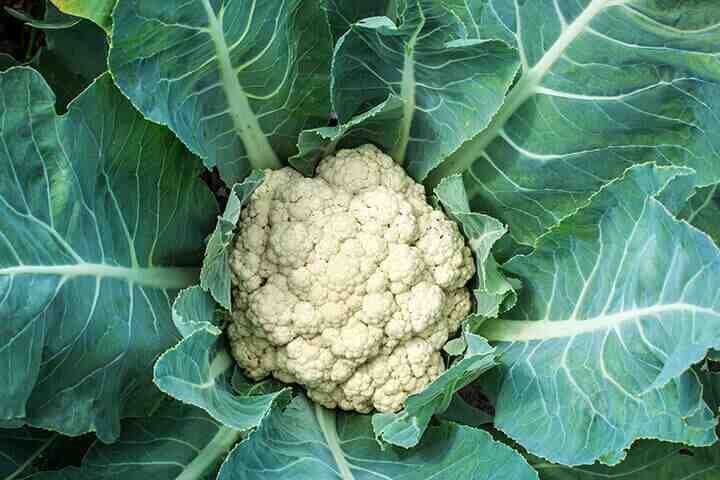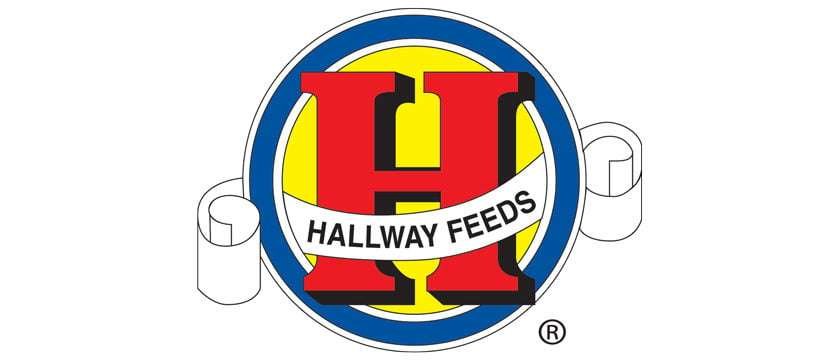Yes, horses can eat cucumbers in moderation! They offer several benefits and are generally safe when offered properly. Cucumbers are a delicious and nutritious treat that can be given to horses in moderation. They have a low-calorie and low-sugar content, making them an excellent treat for overweight horses or those with insulin resistance. This article will explore the nutritional value of cucumbers and their potential health benefits if horses eat them.
Nutrition
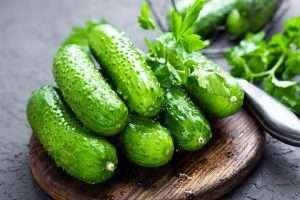 Cucumbers are an excellent source of vitamins and minerals that horses need for optimal health. They are high in water content, which can help keep horses hydrated. Cucumbers are also a great source of fiber, which can promote good digestive health. In addition, cucumbers are rich in vitamin A, vitamin C, vitamin K, and potassium.
Cucumbers are an excellent source of vitamins and minerals that horses need for optimal health. They are high in water content, which can help keep horses hydrated. Cucumbers are also a great source of fiber, which can promote good digestive health. In addition, cucumbers are rich in vitamin A, vitamin C, vitamin K, and potassium.
Vitamin A is an essential nutrient that strengthens the immune system, promotes healthy vision, and supports reproductive processes in horses. Vitamin C is also crucial for a healthy immune system, as it combats and Neutralizes free radicals. It also helps horses stay healthy during times of stress. Potassium is essential for healthy muscle relaxation and contraction and regulates osmotic pressure. Vitamin K helps prevent blood clotting, which is essential for horses that are prone to bleeding.
Antioxidants
Cucumbers contain high levels of helpful antioxidants that can help reduce inflammation in horses. These components can assist in reducing oxidative stress and protecting the horse’s cells from damage caused by free radicals.
Low Carbohydrates and Sugar Content
Cucumbers are low in calories, carbohydrates, and sugar, making them an excellent treat option for horses. Because of their high water content, cucumbers are especially beneficial for horses who need to drink more water. Cucumbers are also an excellent reward option for horses with insulin resistance since they are low in sugar and carbohydrates.
Health Risks of Cucumbers for Horses
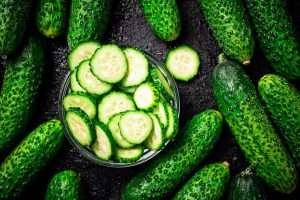 While cucumbers are generally safe for horses to consume, there are some health risks to consider. Horses with dental issues should not consume large portions of any food, including cucumbers. Horses that have difficulty chewing should have their cucumbers prepared in a way that is easy for them to eat and digest.
While cucumbers are generally safe for horses to consume, there are some health risks to consider. Horses with dental issues should not consume large portions of any food, including cucumbers. Horses that have difficulty chewing should have their cucumbers prepared in a way that is easy for them to eat and digest.
Cucurbitacin
Cucurbitacin is a compound found in cucumbers that can cause gas buildup in horses, making them uncomfortable or even possibly leading to colic. Horses are unable to burp or belch, so if they experience any sort of pain after eating cucumbers, it is best to discontinue this treat. It is important to note that other healthy vegetables can be substituted for cucumbers.
Hyperkalemic Periodic Paralysis (HYPP)
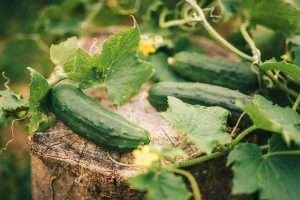 HYPP is a serious illness that some horses may experience. The illness necessitates diligent diet management on the part of the horse owner. Paralysis occurs when the horse consumes anything high in potassium, so horse owners with HYPP-afflicted horses should avoid feeding them carrots and other high-potassium meals.
HYPP is a serious illness that some horses may experience. The illness necessitates diligent diet management on the part of the horse owner. Paralysis occurs when the horse consumes anything high in potassium, so horse owners with HYPP-afflicted horses should avoid feeding them carrots and other high-potassium meals.
Overfeeding
Feeding horses too many cucumbers can lead to overfeeding, so it is recommended to limit the number of cucumbers fed to one or two per week.
Cucumber Skin
Horses can usually eat cucumber skin, as it is edible. However, some horses may not like the texture of the skin or have trouble digesting it. It is recommended to peel the cucumbers before feeding them to horses.
Conclusion
Cucumbers are a healthy and nutritious treat option for horses. They are low in calories and sugar and high in vitamins, minerals, and water content. However, there are health risks to consider, such as dental issues, cucurbitacin, HYPP, and overfeeding. Cucumber skin is edible, but some horses may not like the texture or taste of the skin. Additionally, cucumber skins can be difficult to digest for some horses and may cause digestive upset, particularly if the cucumber is not cut into small pieces. Therefore, it is recommended to remove the cucumber skin before feeding it to your horse, especially if your horse has a history of digestive issues.




